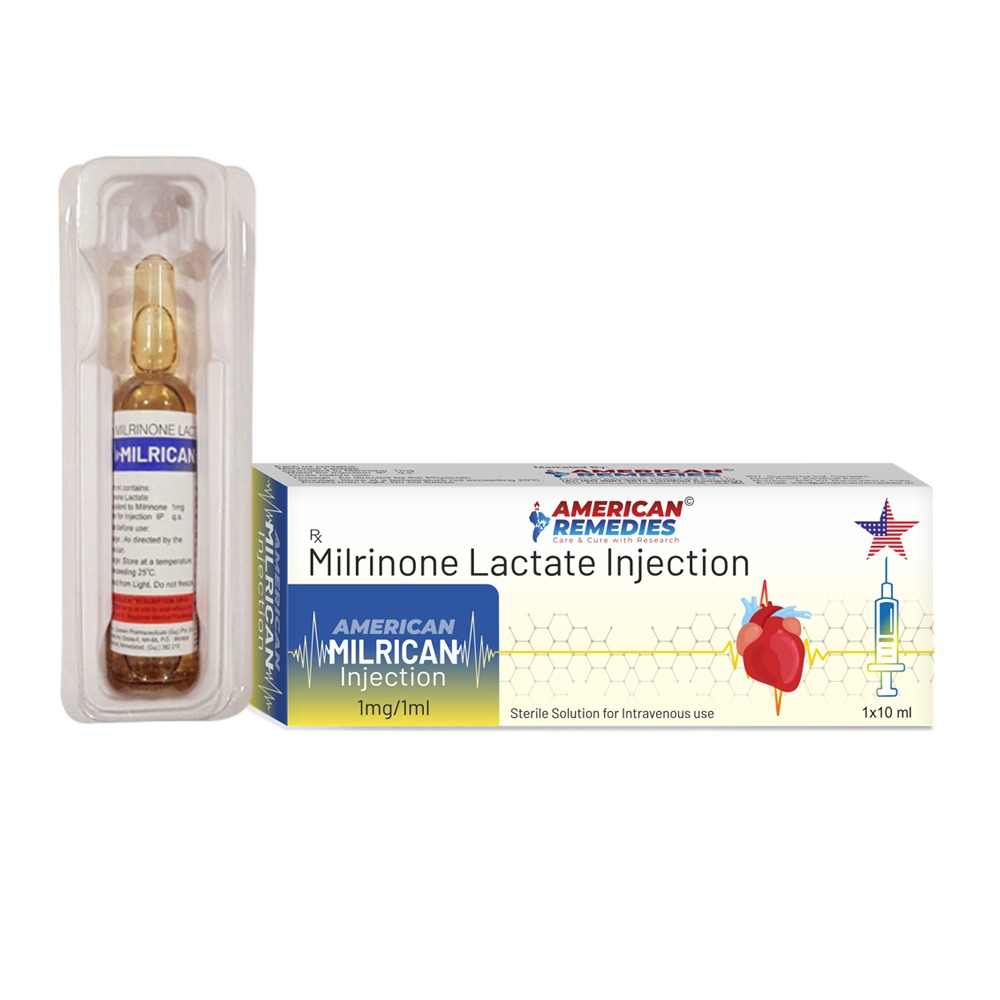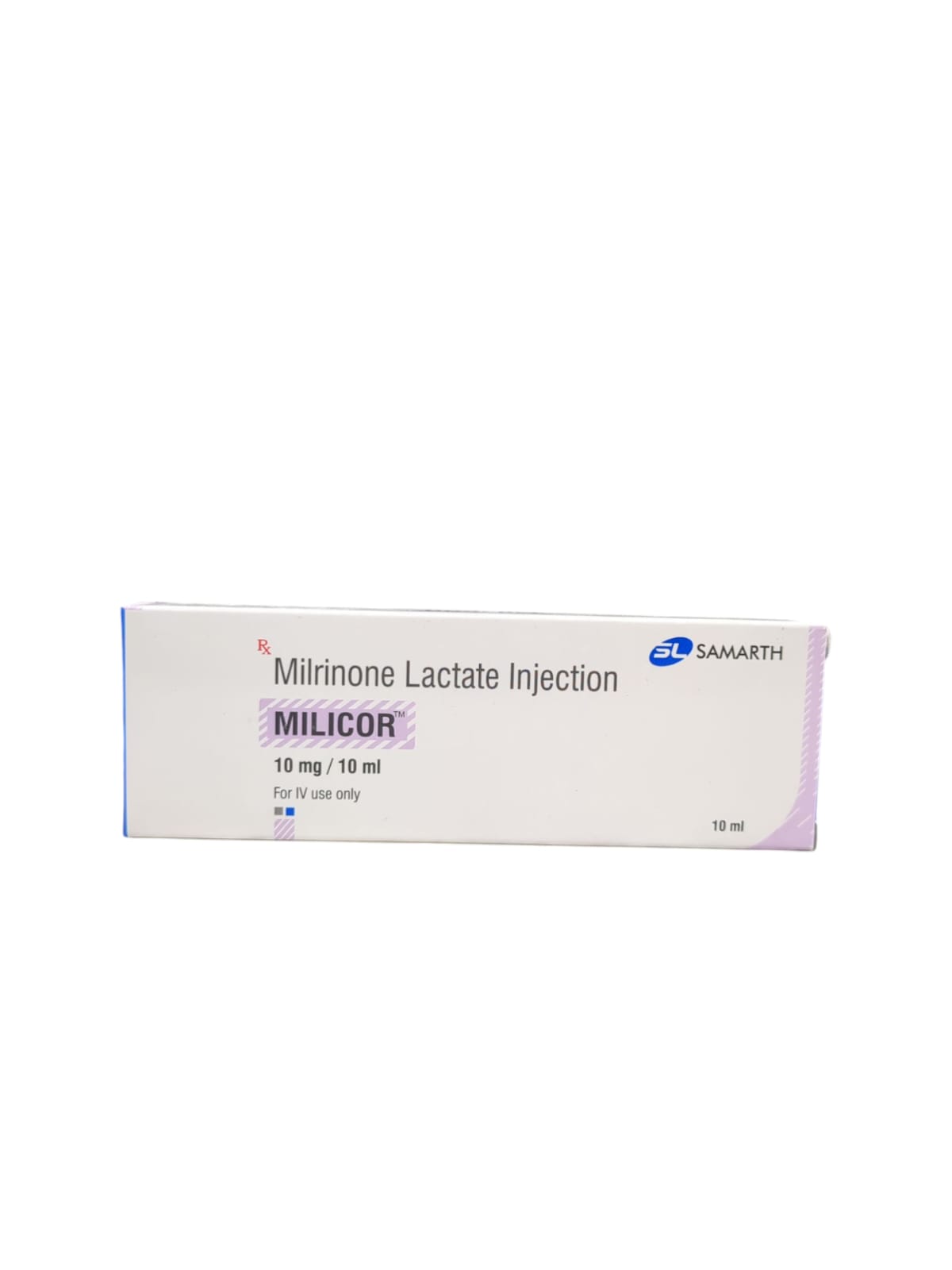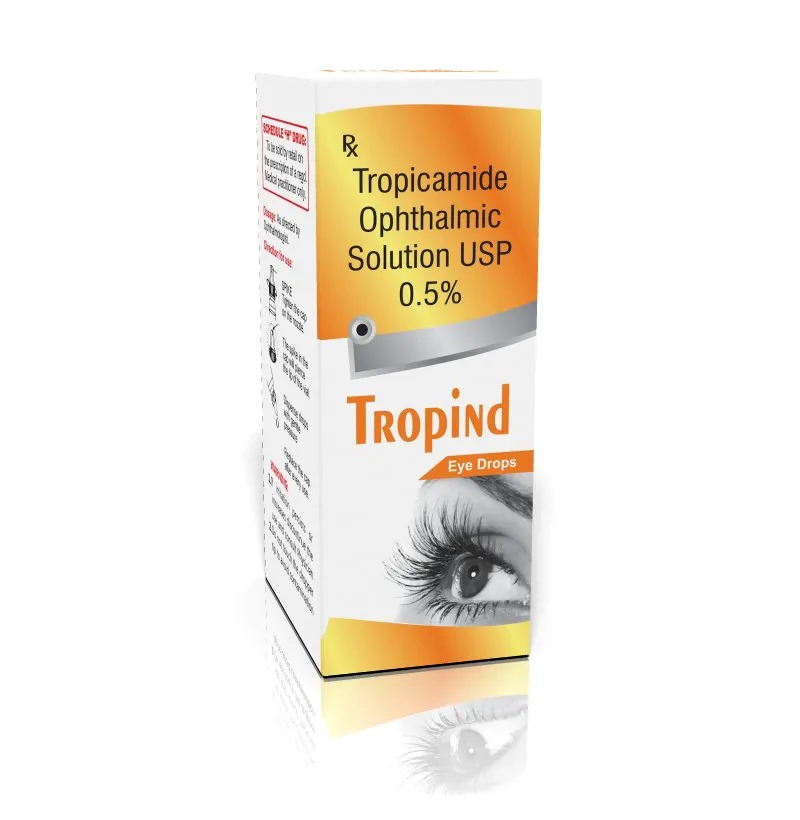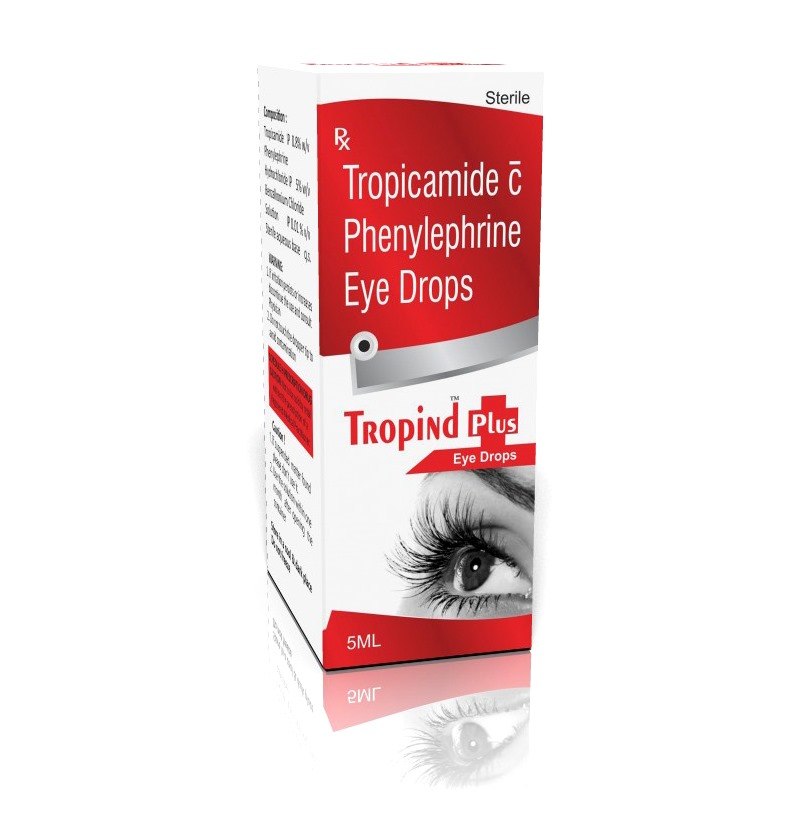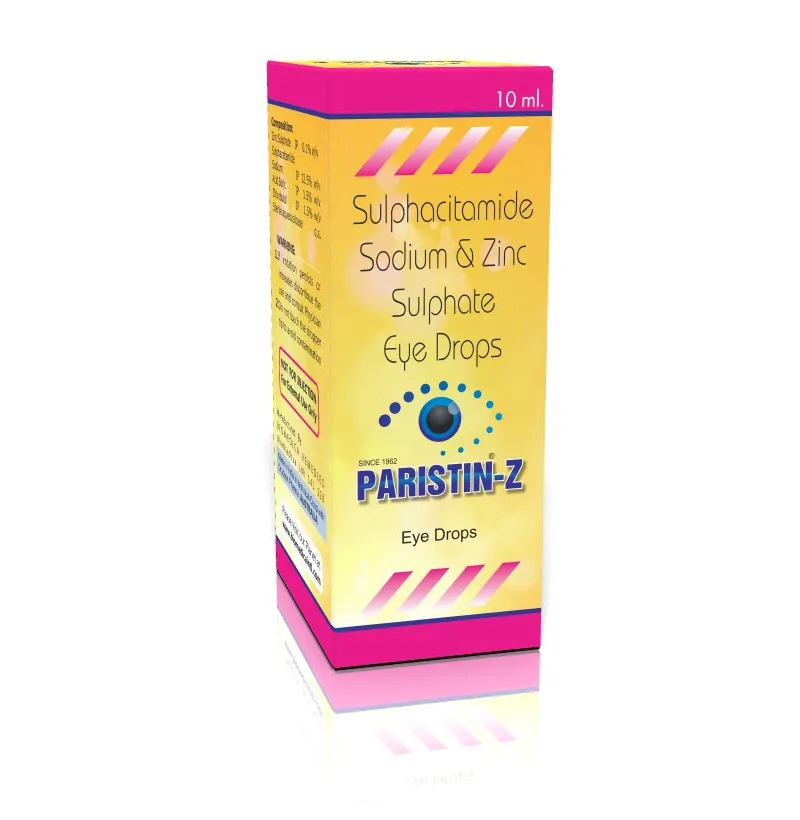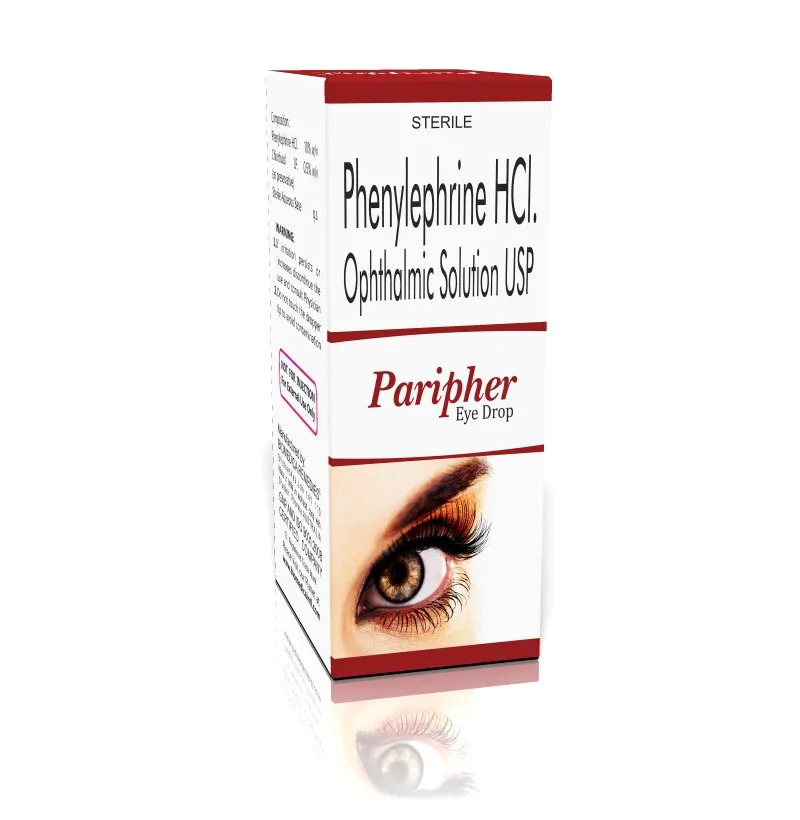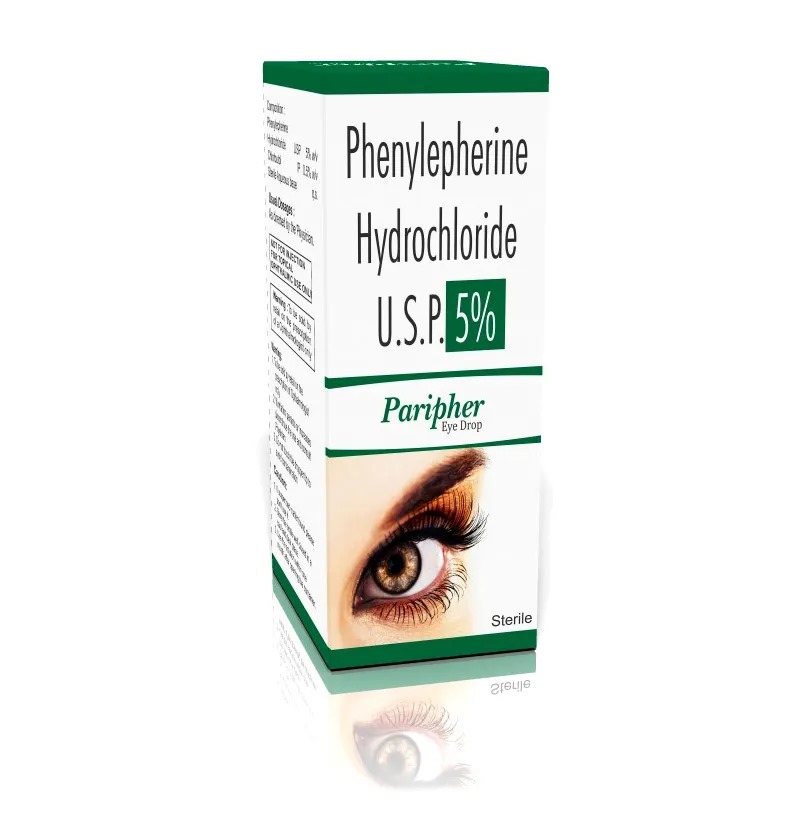Milrican 10 is a brand of Milrinone Lactate Injection, manufactured by American Remedies. Milrinone is a phosphodiesterase-3 (PDE3) inhibitor that serves as both an inotropic agent and a vasodilator. ________________________________________ ✅ Primary Uses of Milrican 10 Milrican 10 is indicated for the short-term intravenous treatment of: • Severe congestive heart failure: Particularly in patients unresponsive to conventional therapies. • Acute decompensated heart failure: Including low output states following cardiac surgery. It is commonly used in intensive care units or during cardiac procedures to support heart function. ________________________________________ ⚙️ Mechanism of Action Milrinone works by inhibiting PDE3, leading to increased cyclic AMP (cAMP) levels in cardiac and vascular smooth muscle cells. This results in: • Increased myocardial contractility: Enhancing the heart's ability to pump blood. • Vasodilation: Relaxing blood vessels, which reduces the heart's workload and improves blood flow. ________________________________________ ⚠️ Important Considerations • Administration: Milrican 10 should only be administered intravenously under the supervision of a healthcare professional. • Monitoring: Patients receiving Milrican 10 require close monitoring of blood pressure, heart rate, and kidney function. • Contraindications: Not recommended for patients with severe dehydration, electrolyte imbalances, or known hypersensitivity to milrinone. • Pregnancy and Breastfeeding: Consult a doctor before use if pregnant or breastfeeding.
Send Message